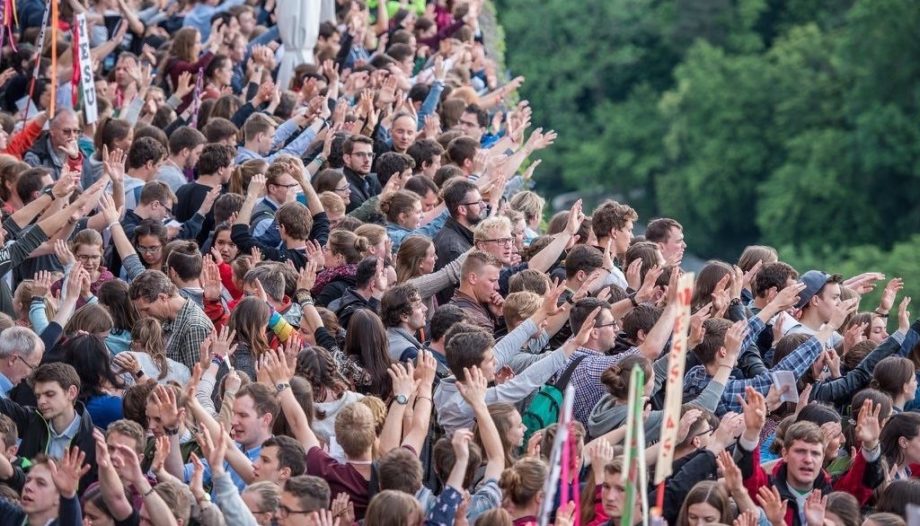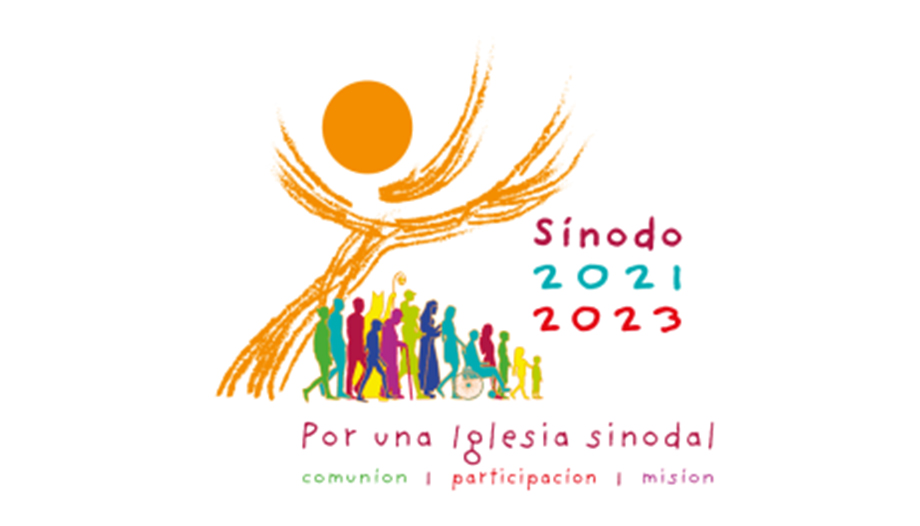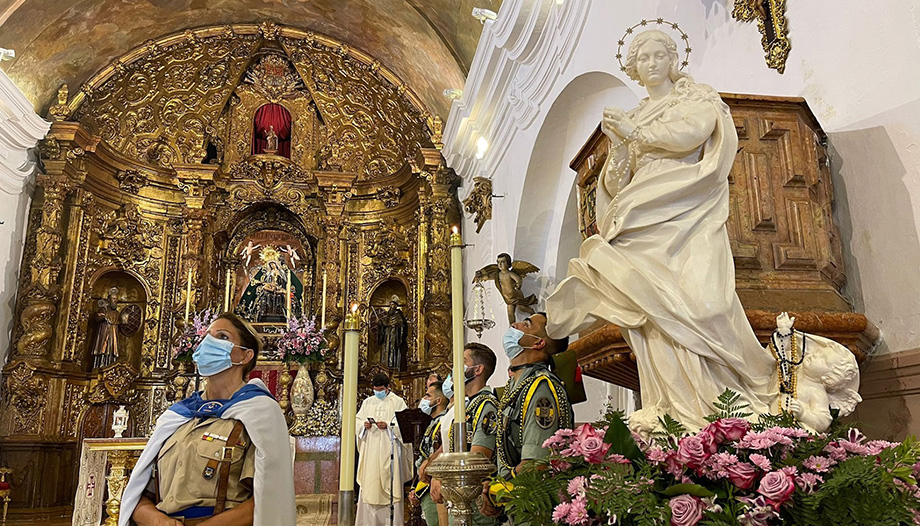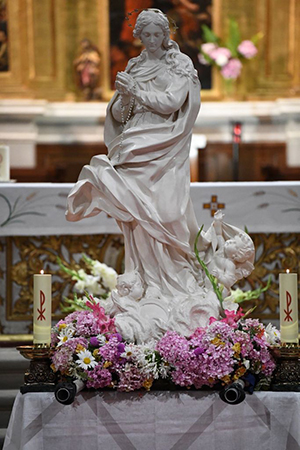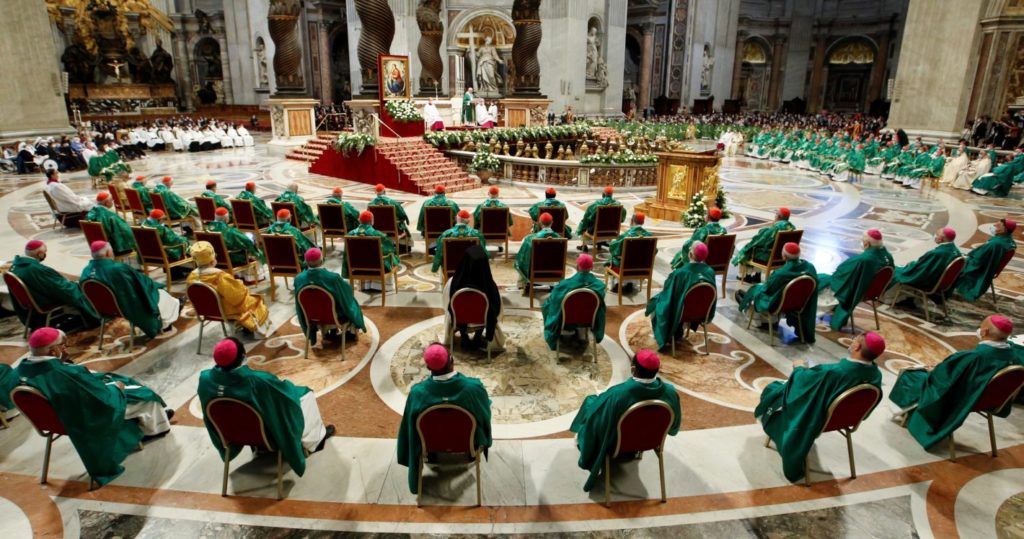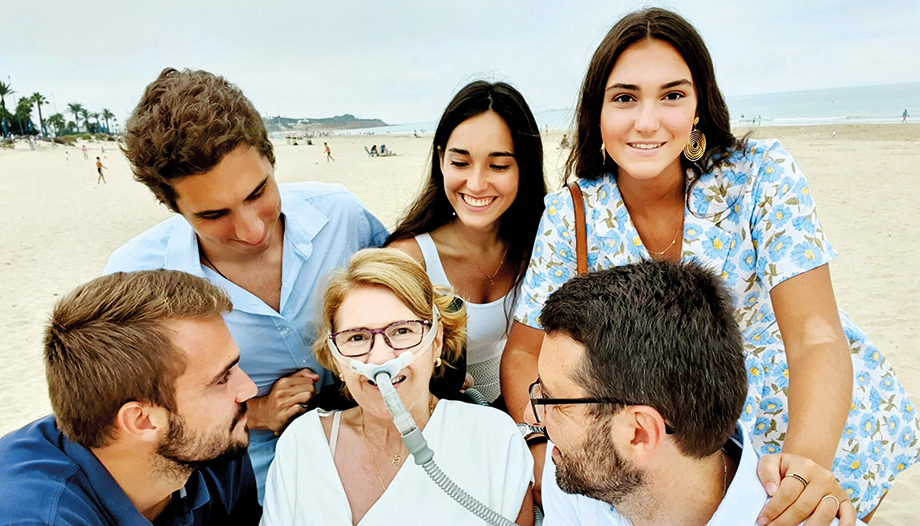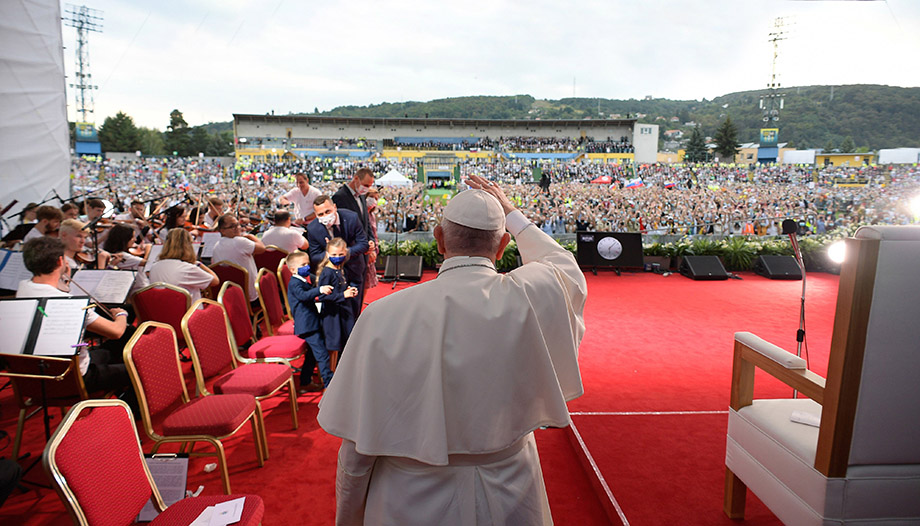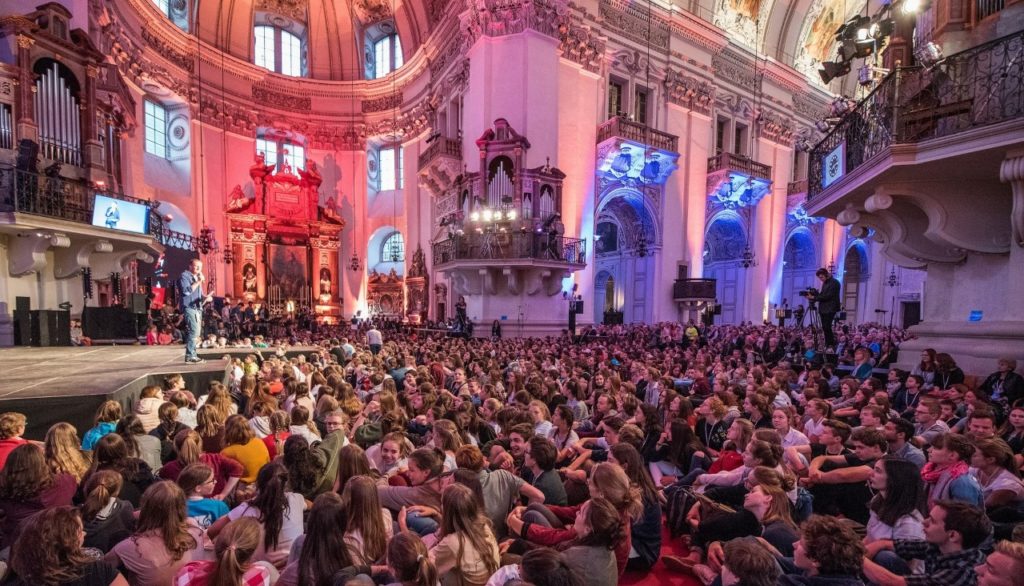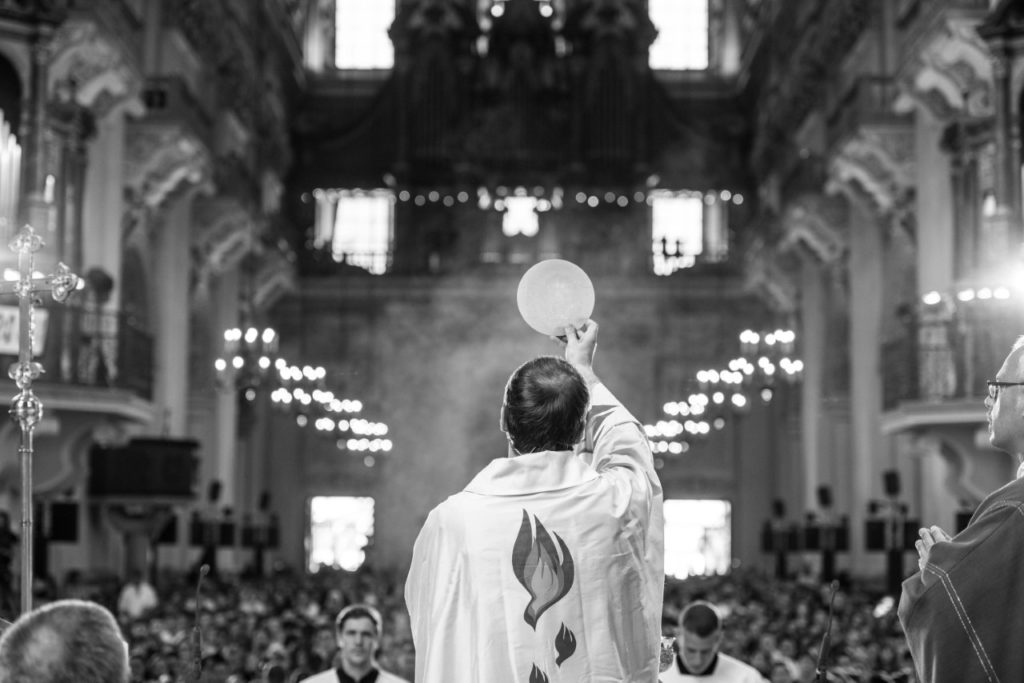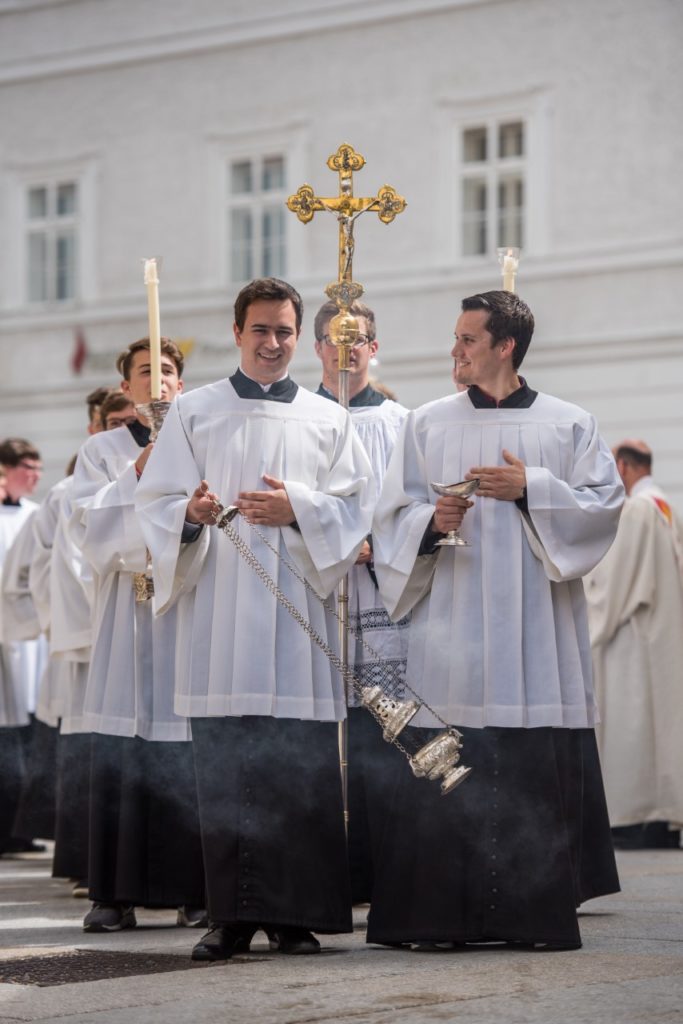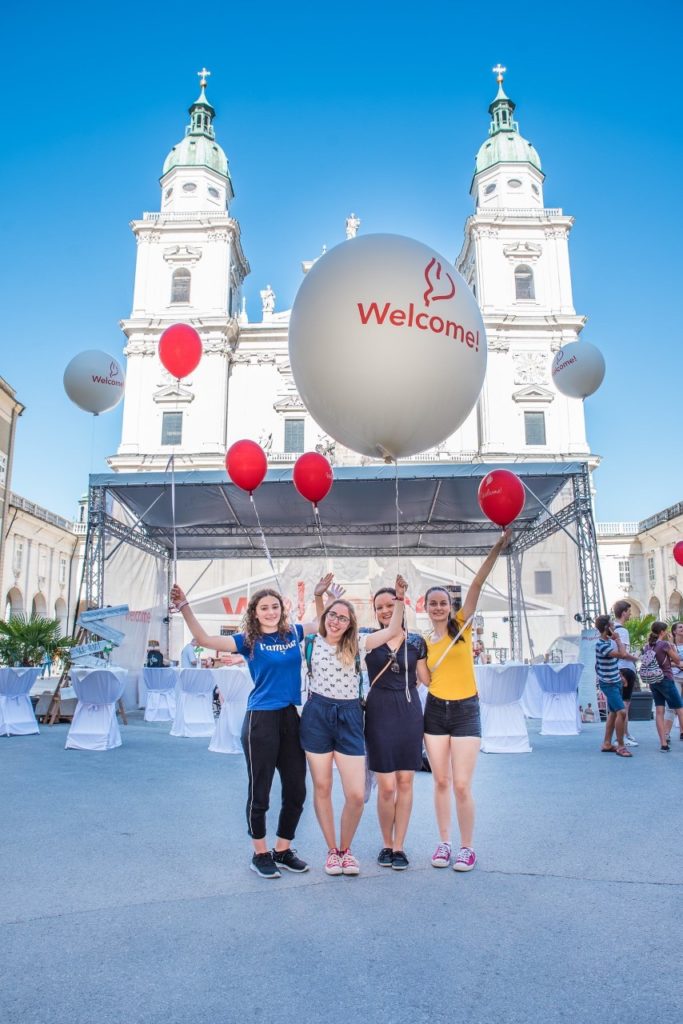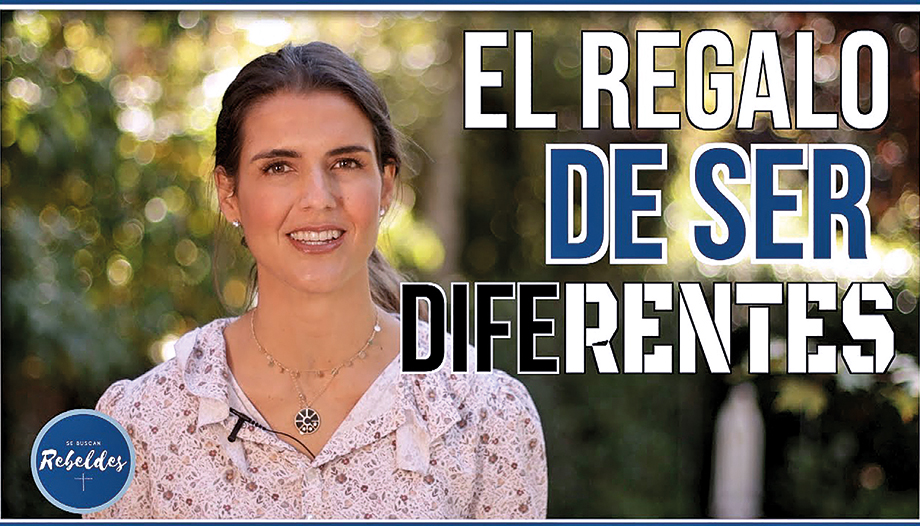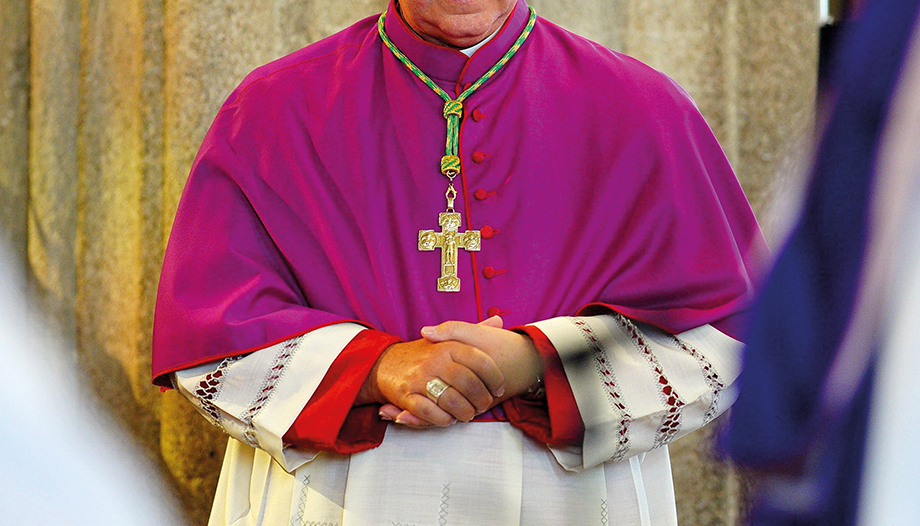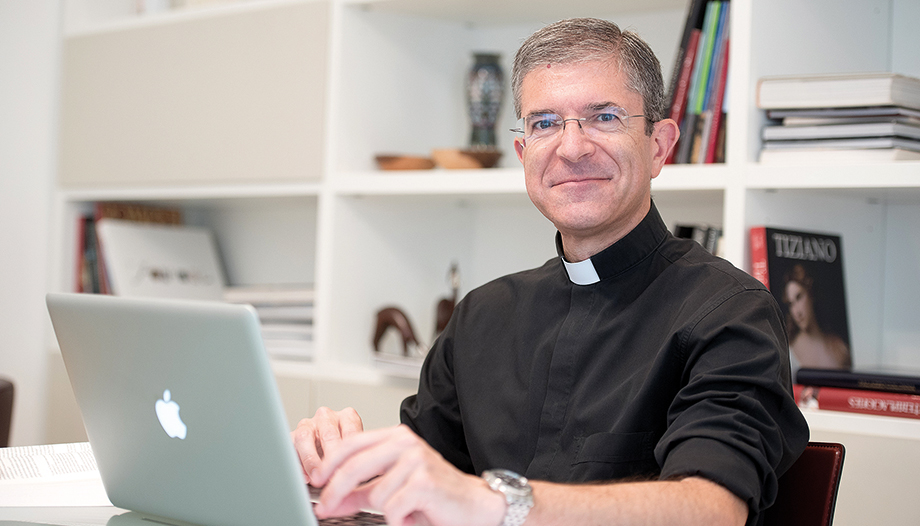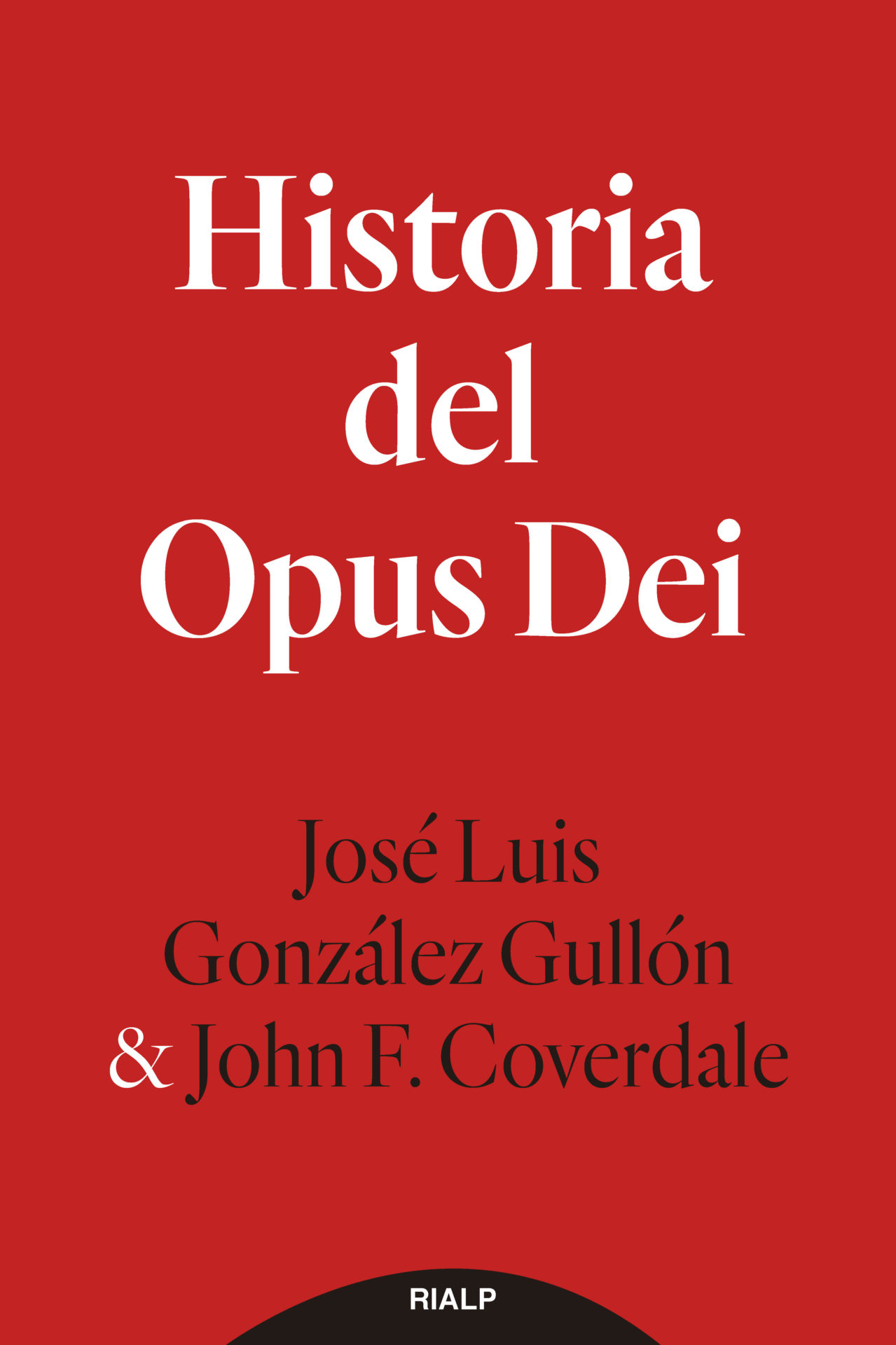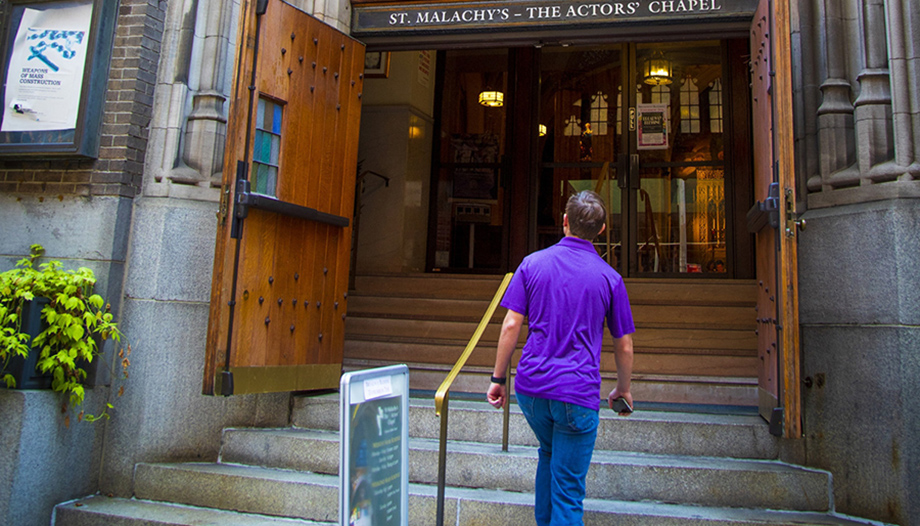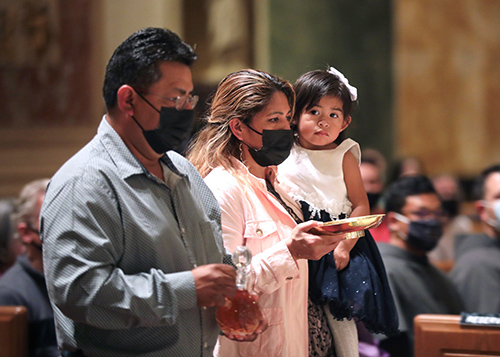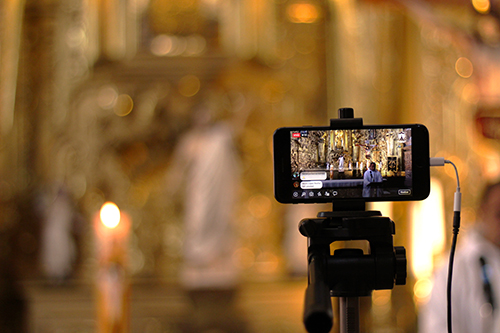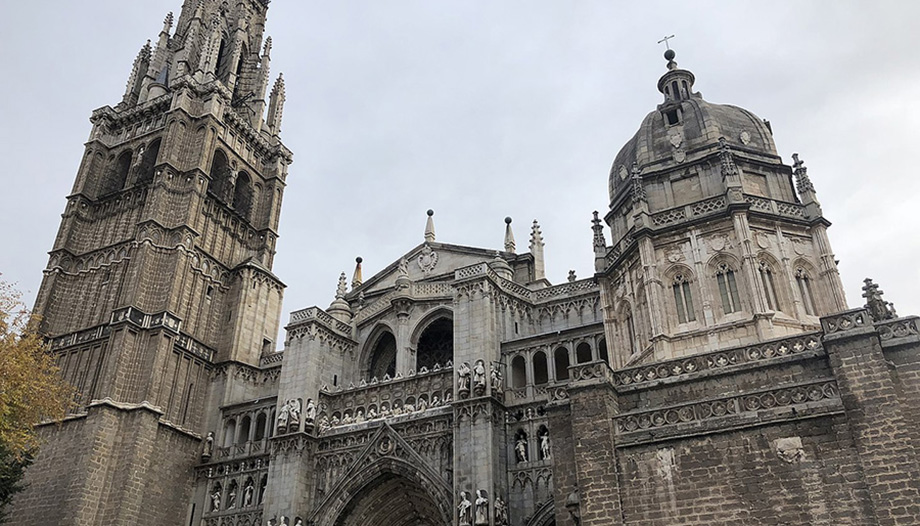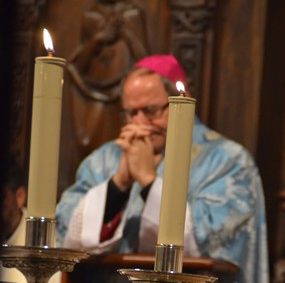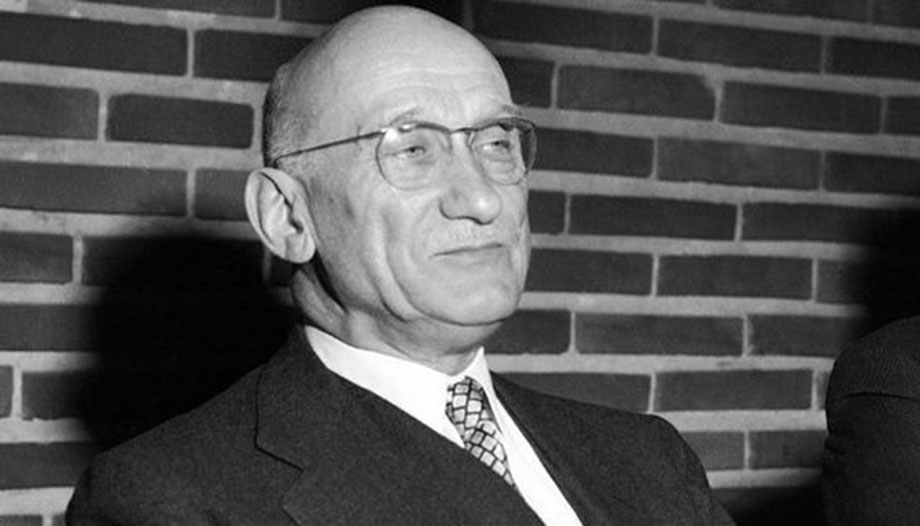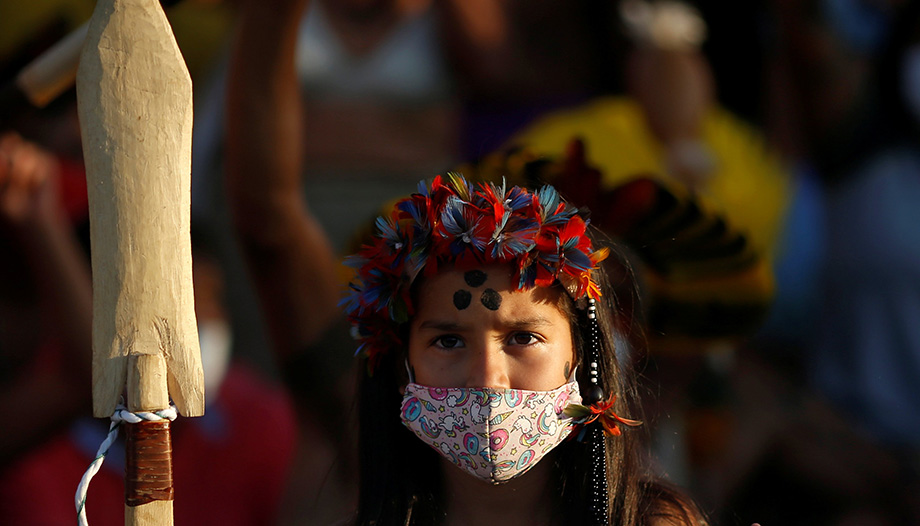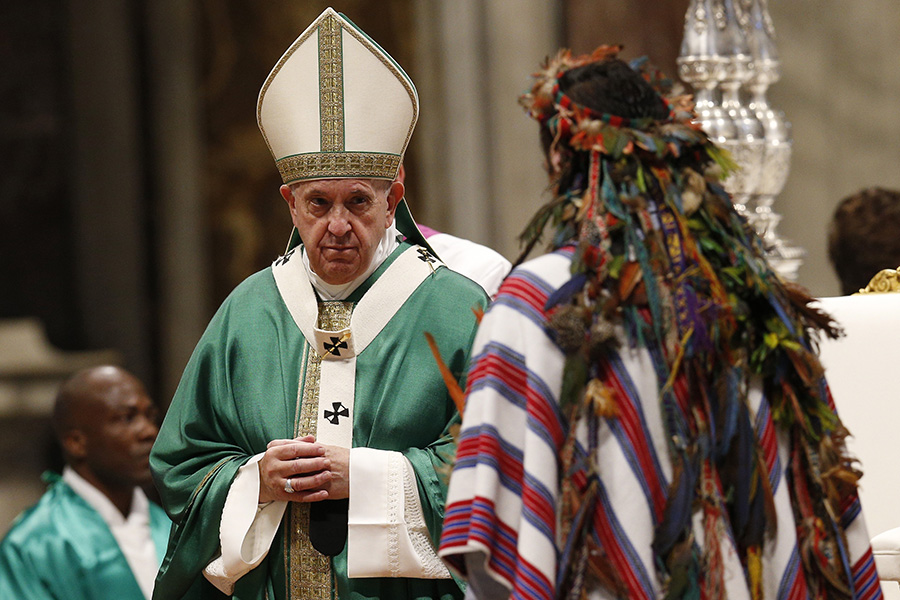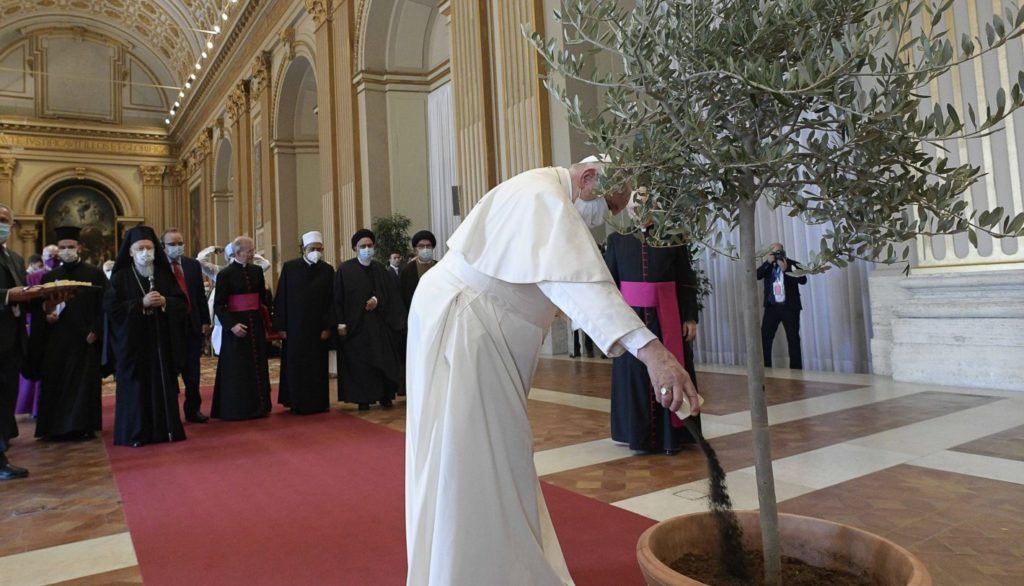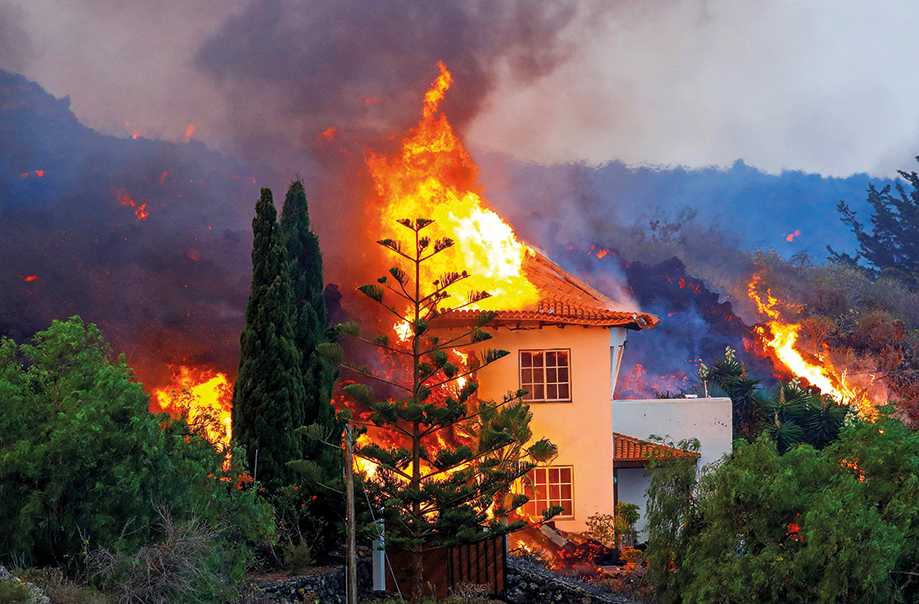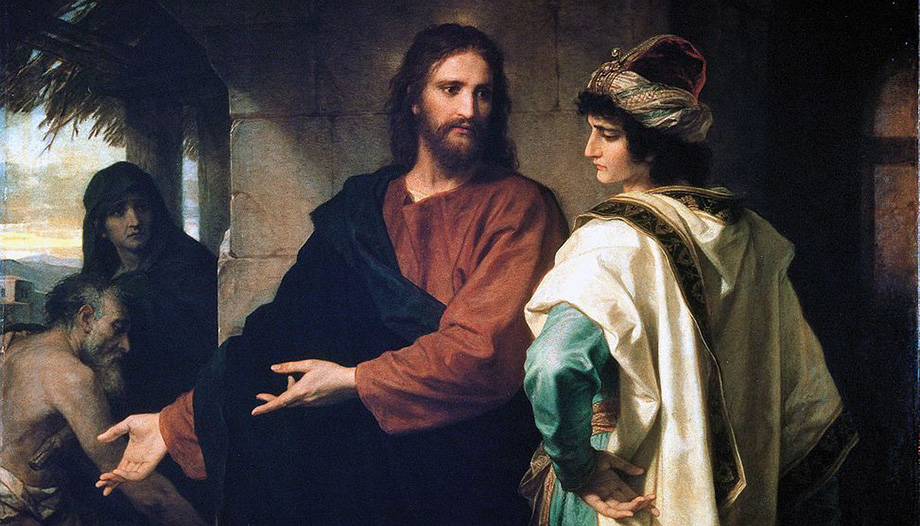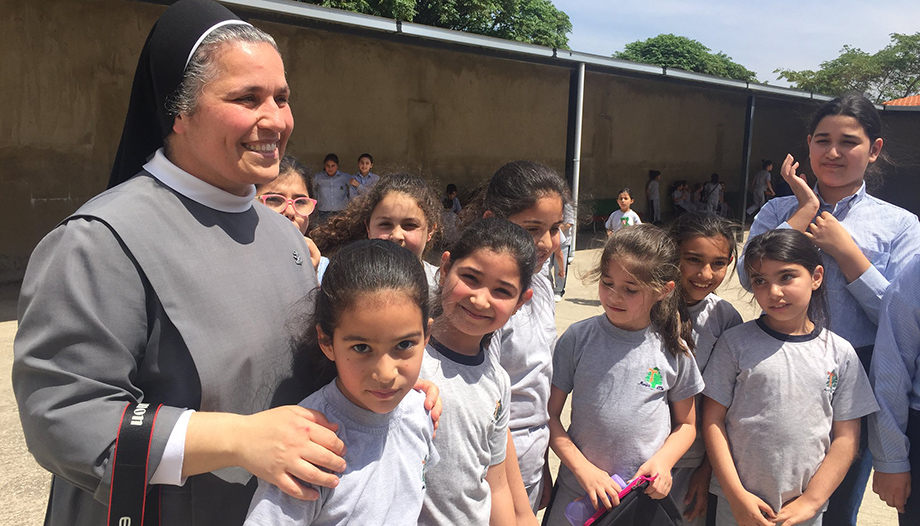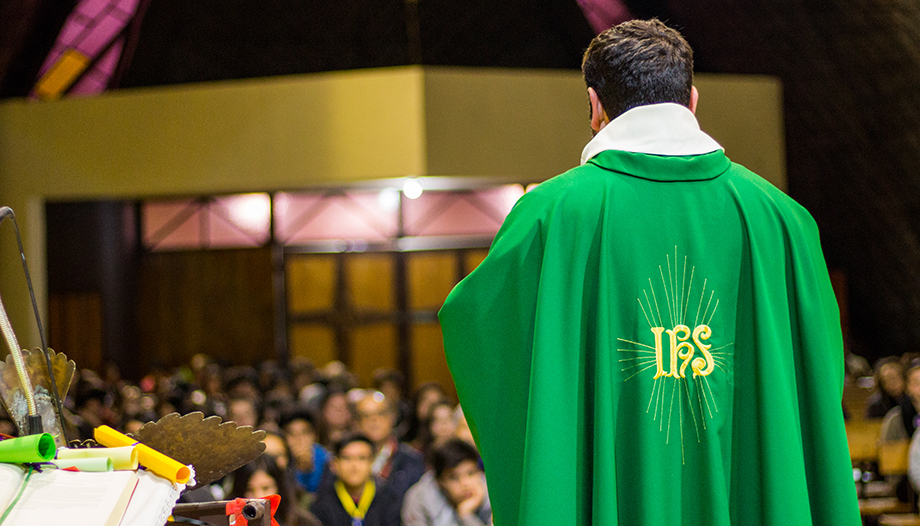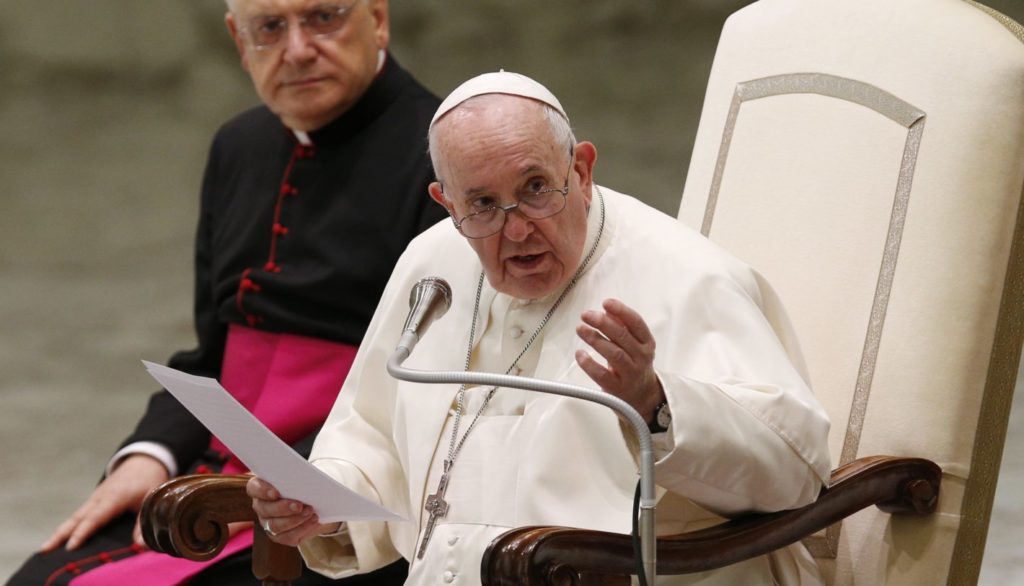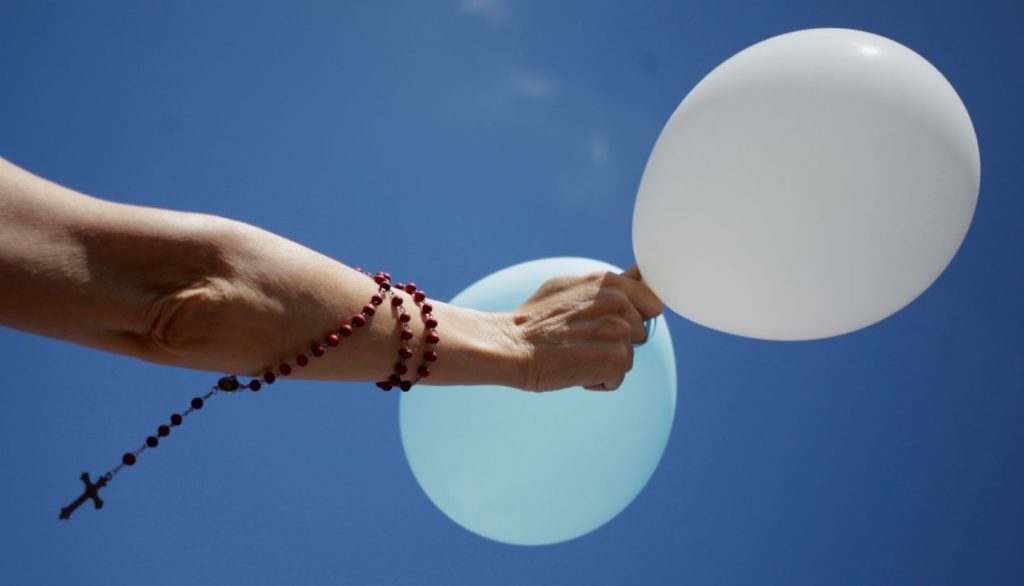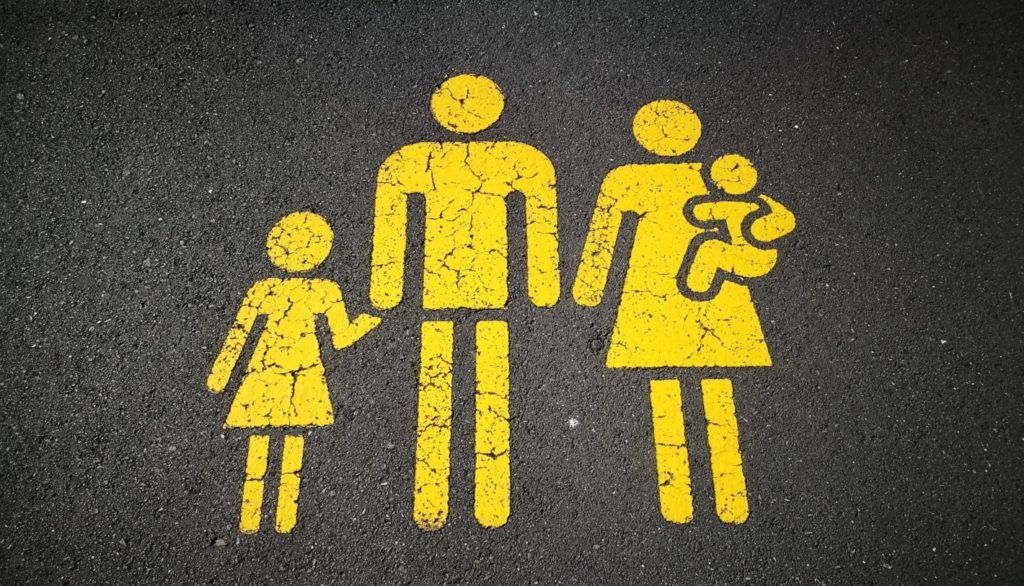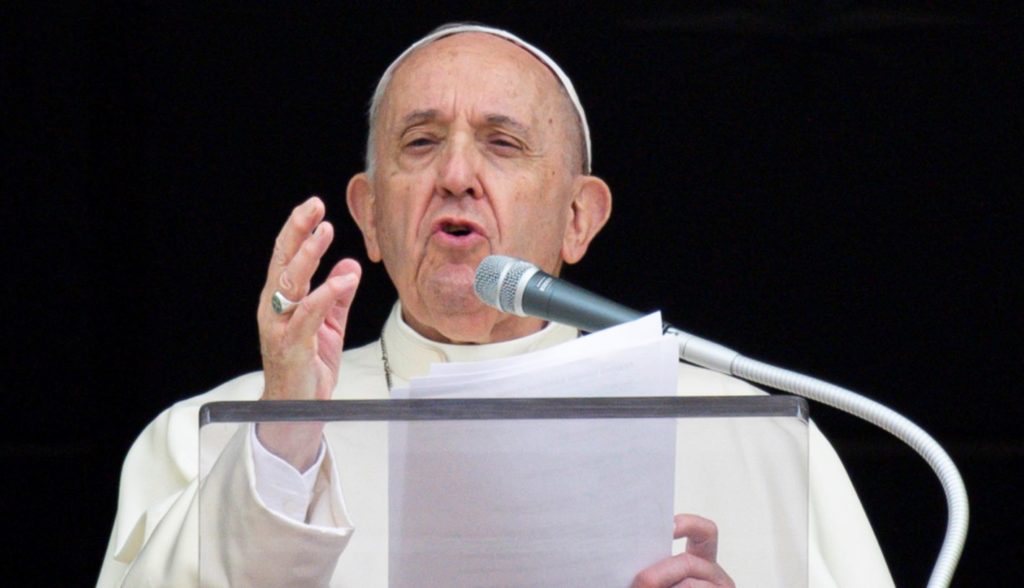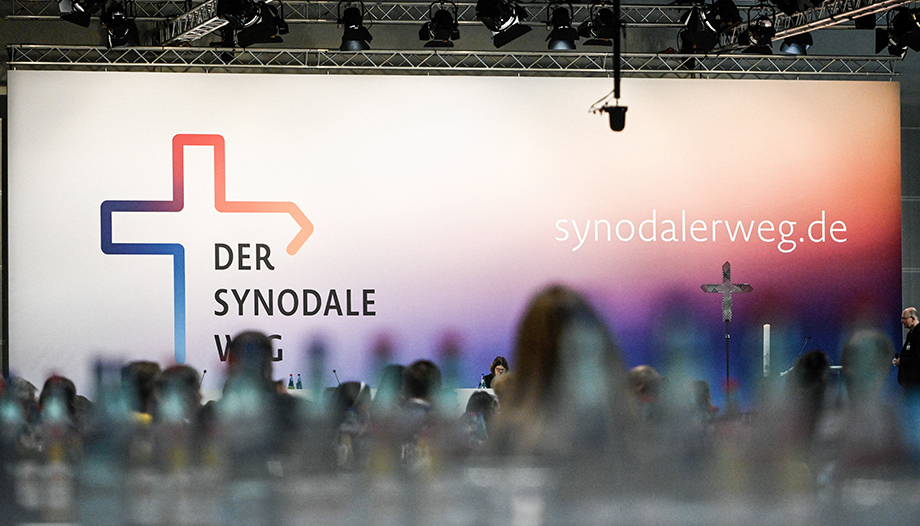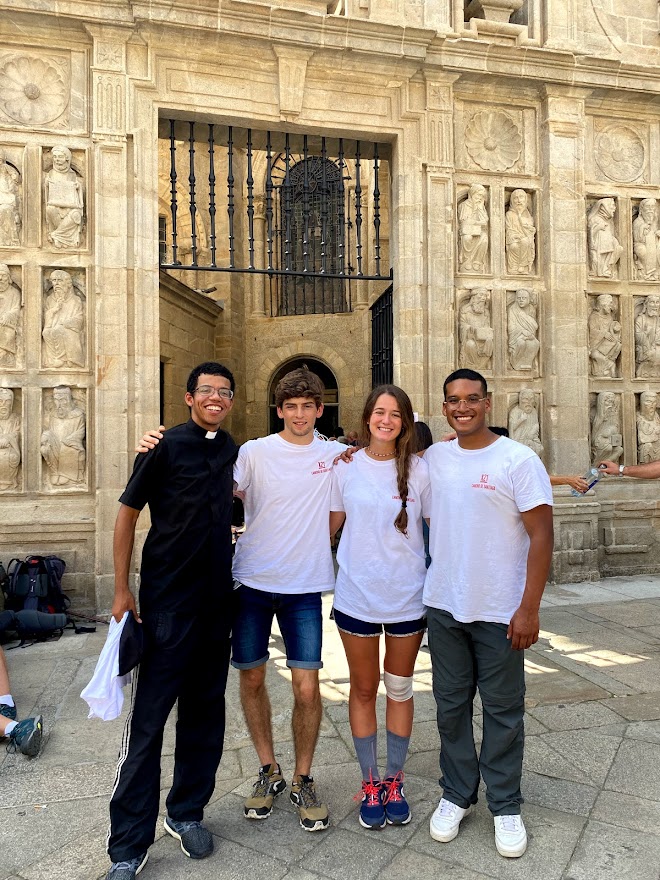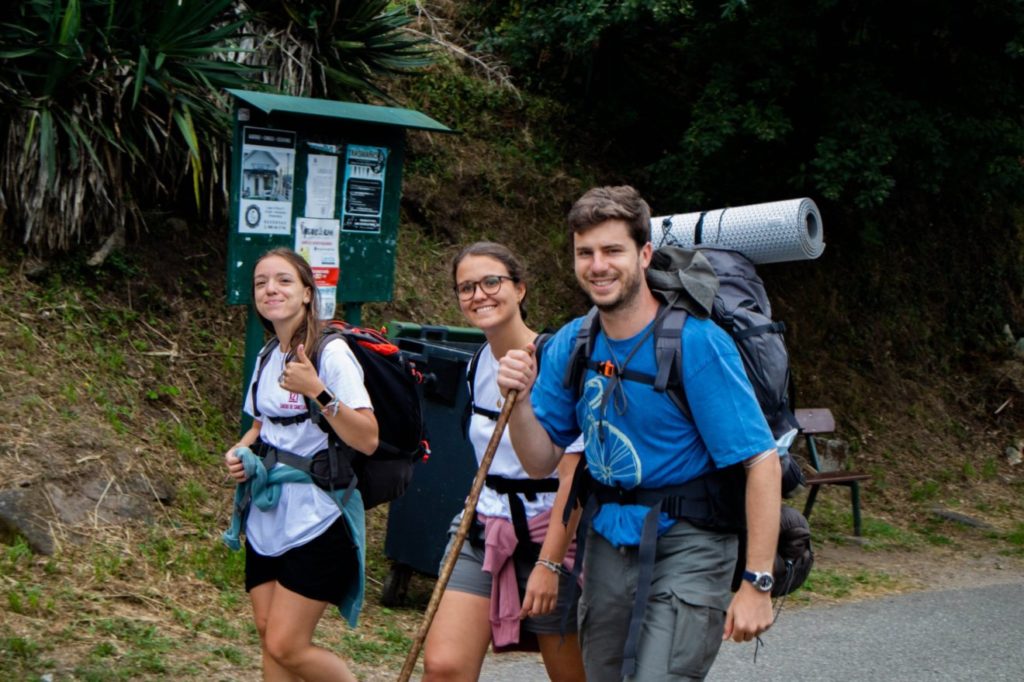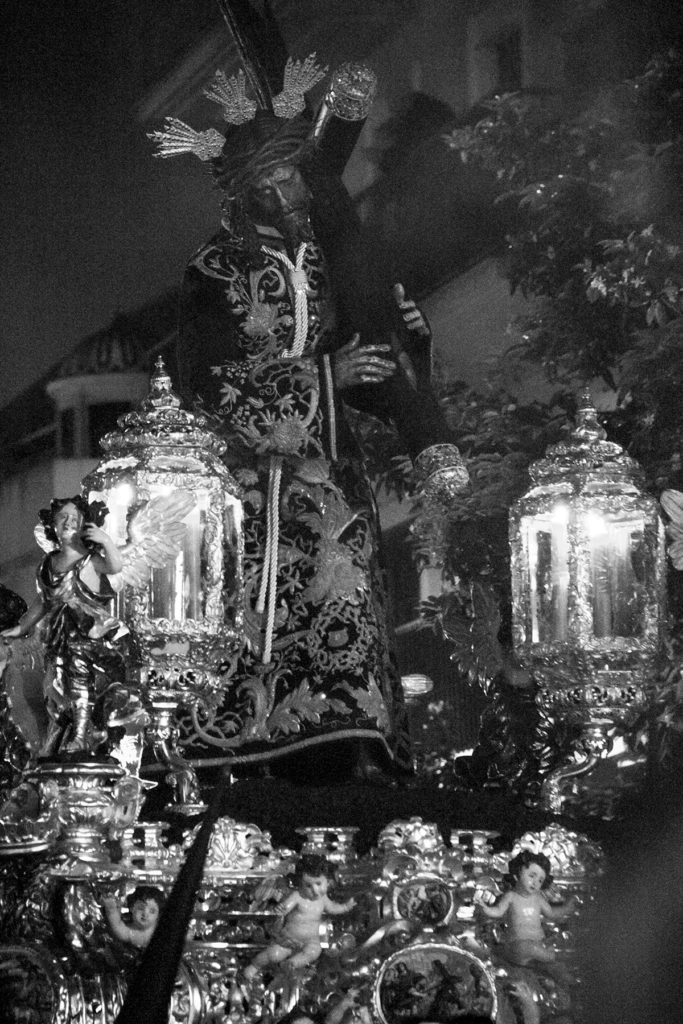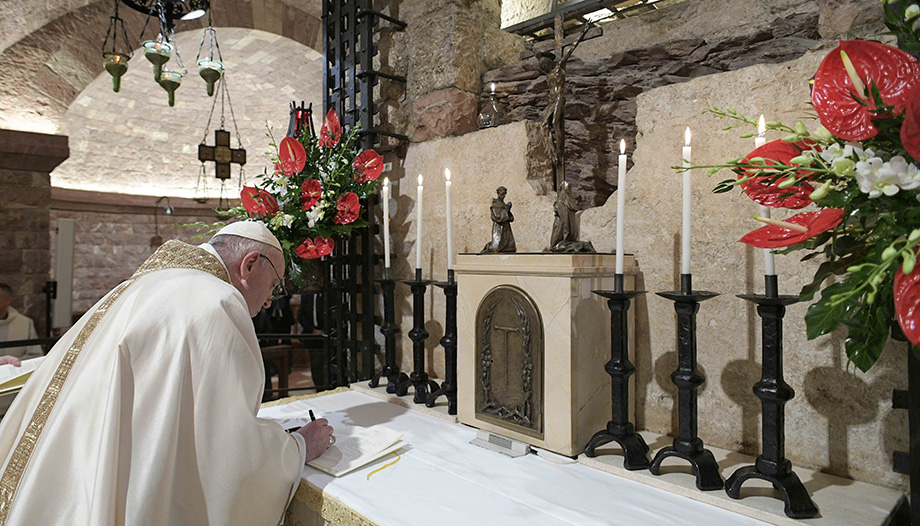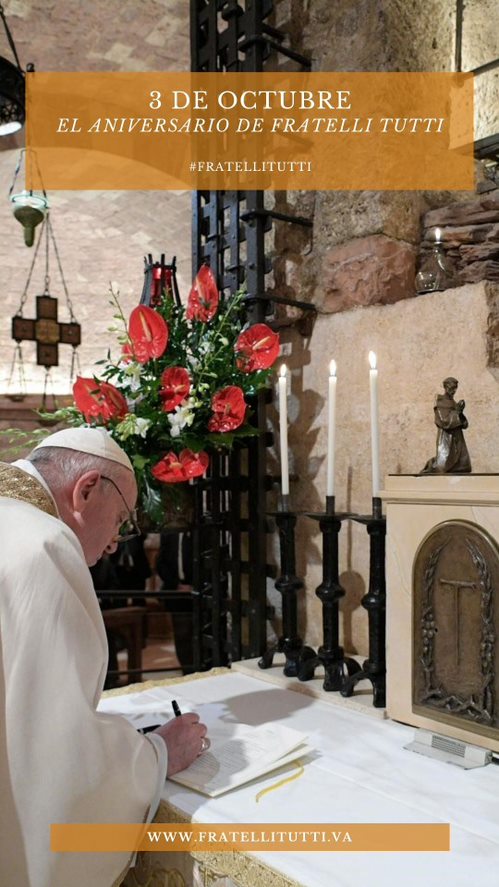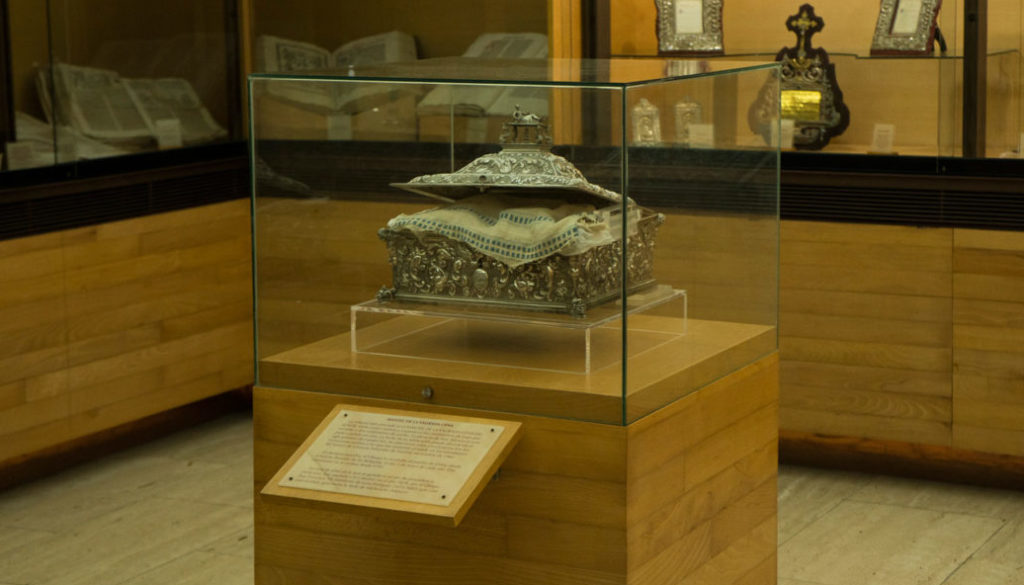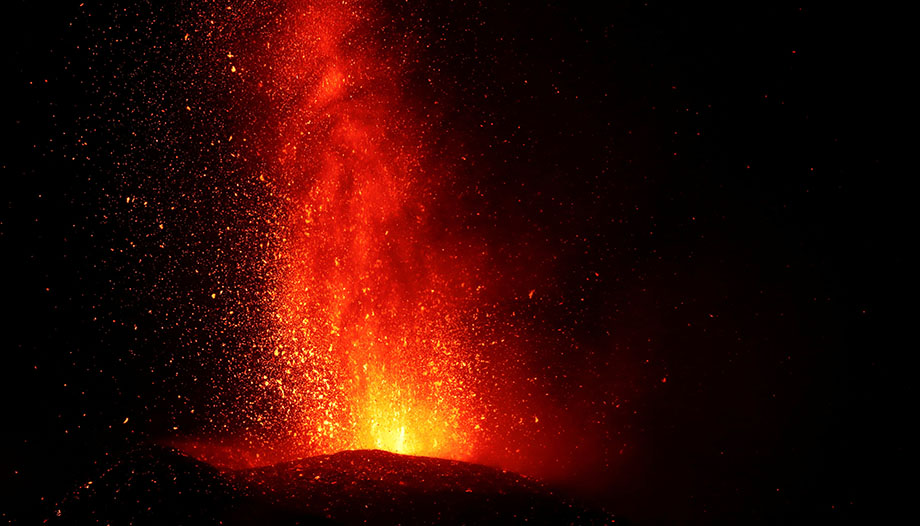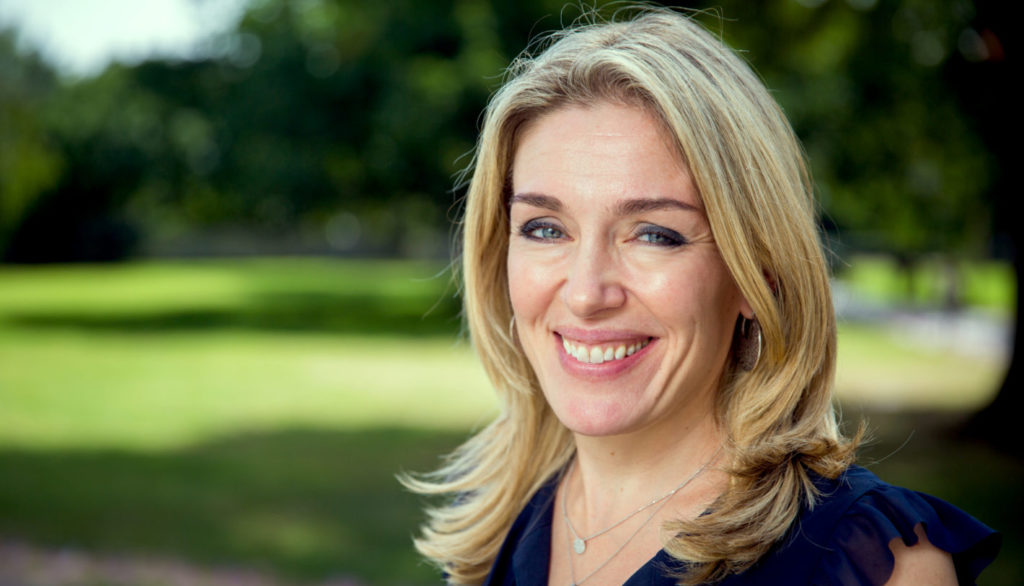Alzheimer's disease is much talked about in Spain, with good reason. But there is another disease, perhaps more silent, amyotrophic lateral sclerosis (ALS), which also has a high incidence. Like other neurodegenerative processes, it has a progressive evolution, and not only affects the sufferer, but also his or her environment, family, caregivers, everyone. Its effects are gradually devastating and cause particular suffering.
Adriana Guevara, president of the Spanish Association of Amyotrophic Lateral Sclerosis, referred to in the July issue of the magazine adELAto work for"making the disease visible", a "the reality of families with ALS", a "to show the lack of public health care support for patients affected by this pathology, with no specialized care and almost no technical aids that allow them to maintain their autonomy and a decent quality of life". And he underlined the The "helplessness suffered by the approximately 4,000 patients estimated to suffer from it in our country".
One of our major concerns, he noted, is that "all of them have specialized care in their homes, taking into account that the progress of EKA is limiting their mobility". He alluded to the task of professional caregivers who, "due to its high cost, it usually falls on the closest relatives who end up exhausted and full of doubts about how to deal with the patient's day-to-day life." In fact, on the occasion of June 21, World ALS Day, the magazine noted: "This June 21 we have rebELAdo and we have called attention to the Public Administrations, under the slogan 'No ALS patient without specialized home care."
The inner process
Specialized care is extremely important, transcendental, and Omnes echoes this claim. However, we also wanted to touch, to feel the breath of the sufferings and the inner process of several ALS patients. To learn from them.
And what the sick have told us are the conversion of Alejandro, reconverted into Alejandro Simón, after forty years without going to confession; the initial desperation later converted into great faith in Águeda; the full confidence in God and the overcome fears of Javier; or the perplexities of Raquel and her belief that "God abandoned me the same way I abandoned him." But let's take it one step at a time, because the communication of the diagnosis of ALS is often a shock.
You have ALS, a blow
"We have been married for 25 years, so we just celebrated, a few days ago, our silver wedding anniversary, and we have 3 wonderful children who give us nothing but joy and are a gift from God. Our marriage has not been without its difficulties, but we will focus on our 10 or 11 years of marriage. [the last] [the last]which is where we have experienced with full knowledge what it is to love in the cross."explains Agueda, Alejandro's wife.
"About 11 years ago my right hand began to weaken, and after a pilgrimage of doctors, we received what I call: 'My death sentence'. I was told I had amyotrophic lateral sclerosis, or ALS, which is a neurodegenerative disease in which the motor nerves die, causing muscular atrophy of the whole body, which today has no cure or treatment, with a life expectancy of about 3 years. This disease makes you totally dependent. You can imagine what a shock it was for our lives, when we were 41 and 42 years old and had three small children".
What was the initial impact on Agueda? "For me in particular, it produced a great despair that led me to become aware for the first time in my life of facing death, with the certainty of not having done things as God wanted. I thought I was going straight to hell".
"Well, after several experiences that I am not going to discuss here, very spiritual, I began a journey of drawing closer to Christ and the Church, which led me to fall in love with Christ and his plan for me."
This is how Agueda began her intervention on October 17, 2020, in the middle of the pandemic, in the parish of Santa Catalina Mártir, in Majadahonda (Community of Madrid). It was a total of 40 hours of uninterrupted prayer for life, in an invitation that came from the parishes of the archpriesthood of San Miguel Arcángel de las Rozas. The objective was to commend to the Lord, through Eucharistic Adoration, the conversion of all those involved in the so-called 'culture of death' in our country, the end of abortion and euthanasia, and to pray for the victims.
Help from heaven when feeling fear
Javier García de Jalón, an industrial engineer and professor from Aragón, acknowledges that he has felt "I was afraid of a possible serious illness at various times in my life, but when the moment of truth came, I had the help from heaven that I needed to be serene, cheerful and happy. In the first wave of the Covid I realized that I was a very high-risk person and that I could be a few hours away from my death. I was very calm because I have been trying to prepare for death all my life. This preparation became more intense with the diagnosis of my disease in November 2016."
"I am a believer and I know I am in God's hands." adds Javier, who has been a numerary member of Opus Dei for more than fifty years. And he comments: "Since my adolescence I have received him every day in Communion. Although I go to confession every week, a month and a half after the diagnosis I made a retreat, which included a general confession."
This kind of life, as we have seen, has not spared her fears, but she has been overcoming them with the help of heaven. Moreover, he affirms: "I have twice received the sacrament of the Anointing of the Sick and I would almost go so far as to say that I have physically felt the help of Grace.".
Thanks to the caregivers
Javier García de Jalón, who has received the two most important international research awards in his specialty, and who is a "Laureate Engineer" by the Royal Spanish Academy of Engineering (2019), is fortunate to have caregivers, and he has been telling news about them. Some of them, like Juan, tell him "infected his joy and optimism, but not the Covid. I thank everyone"..
When I asked Javier what has helped him most in his fight against the disease, he wanted to specify: "It would be necessary to clarify what is meant by fighting against the disease: I am aware that I will not be able to stop it by myself. In this sense, fighting the disease means faithfully following the instructions of my doctors, in whom I have complete confidence. If by fighting the disease I mean avoiding becoming obsessed with it and preventing it from controlling me or dominating my mood, being cheerful or happy in spite of it, then I am fighting against ALS and I think I am winning so far.".
My world came crashing down
Raquel Estúñiga is 46 years old and has a 10-year-old girl who at birth gave respiratory failure, had sepsis with more complications that, together with all the medication she was put on, caused her to go deaf. Raquel explains that "I can't understand when I speak, so I use an eye communicator, I am an electric wheelchair user".
The disease showed its face in her case in 2016, but it was not until 2018 that she was diagnosed with ALS, as they initially thought it was physical and mental exhaustion, spinal problems... For her, "The mere fact of having a diagnosis was a relief, although a bitter relief. In my case it took two years to detect what was happening to me. I even went through a spinal operation thinking that everything came from there, because the first thing that affected me was the motor part".
"At that moment my world came crashing down on me." assuresAll I could think about was my daughter, that little piece of me who at only seven years old was going to have to face something so cruel, and I had to do the impossible to see her grow up. Besides, she had already shown me what it was like to fight to live on two occasions and I couldn't let her down".
Raquel reveals that "I was a believer, until a moment in my life when a major misfortune occurred in my family; since then, and with all the things that have happened to me, I believe that God abandoned me in the same way that I abandoned him". In the struggle with the disease, Raquel points out that "I am very happy with the irony and humor, but, above all, I believe in myself, I fight every day to hold on a little longer. For example, now they are going to have to put a tube in my stomach so that I can feed and hydrate myself well, and I say they are going to put a piercing in my belly. Although I'm really terrified to think about what my life will be like from that moment on.
We need to feel supported
As for the others, Raquel Estúñiga states that she is very grateful for "I hope they do not disappear from my life, because people are very comfortable and wherever they see a disease, a problem, they run away. There is very little empathy from others and precisely what we need is to feel wrapped up, we are people locked in our body, which has decided to go on a sit-down strike, but we are aware of everything that happens around us and we need a lot of understanding, to feel integrated and not a burden for others"..
"Evidently." addsI want to thank those who make my life more bearable, my daughter (Clara), my parents, my sister, my brother-in-law, my nieces and nephews, my caregiver, the friends who have really stayed by my side, the new friends I have made at the day center and all my therapists and doctors"..
Choosing the cross
Back to Agueda, (@artobalin in networks)that after the initial hopelessness, he began to "a path of drawing closer to Christ and to the Church, which led me to fall in love with Christ and his plan for me".. "This is very important because I took a step beyond just accepting what was happening to me. I believe that, although I have not been aware of it until later, I not only accepted the cross, but I chose it. By this I mean that I freely decided to throw myself into living my illness with joy in order to draw from it all the good that God had intended for me. And well, I stopped crying with bitterness to laugh and enjoy every moment of my life, and I began a path of love for myself, my husband, my children and all those that God puts in my life.".
This led this mother to ask for help when she needed it, to allow herself to be helped, and little by little, to "to place my whole life in my husband's hands, and to do so with humility, with trust and with mercy in the face of anything I might do differently than I would like to do. This is my way of loving on the cross: to choose the cross, and then to place myself in my husband's hands with joy.".
At the same time, he understood "that without faith, my husband could not live it, and so I dedicated almost all my prayers to ask for his conversion, which God granted us by his great mercy."
Alejandro confesses
Indeed, says Alejandro, "I saw how Agueda lived her illness in an incredible way, and although I did not understand anything and every day there were more holy cards, sculptures of the Virgin, little bottles with holy water, and rosaries of all models and colors, deep down I wanted the same for myself. I was envious to see how happy my wife was in love with Jesus and the Virgin Mary".
"In 2015 we made a group trip to the Holy Land, the two of us," he continues, "and something horrible happened to me, because I was pushed to take communion at the renewal of vows we made in Cana de Galilee along with the rest of the couples we were going with, and I could not do it, since it was sacrilege, as I had not gone to confession for 40 years. This led me to make a profound examination of conscience on my way back to the hotel, knowing that sooner or later I would have to confess if I wanted to live things as Agueda lived them, and in some way repair the pain I experienced in Cana".
We let Alejandro speak. "Three months later, on February 5, 2016, the Holy Year of Mercy, I was accompanying my family in an adoration for young people in the Almudena Cathedral, and without knowing how, as Jesus Christ in the Sacrament passed in front of me, I stood up and was inexplicably pushed into a confessional, where I experienced God's mercy, his goodness and immense love as I went to confession for the first time since I made my first communion at the age of 8. When I finished, the confessor told me: "Alex, never forget this day, February 5, feast of St. Agatha".
"You cannot imagine what it meant to me to hear my wife's name at that moment, and to understand that it had been her prayers that had lifted me up and pushed me to meet God. Since then I have found that God has given me many gifts, one, without a doubt, being able to discover his presence and action in everyday life".
The mission
"And it is precisely from that precious gift that God gave me in that confession that I discovered the mission that Jesus Christ had entrusted to me in my marriage. A few days after the experience of my confession in the Almudena, accompanying my family again in a Way of the Cross, again in an inexplicable way, I was pushed to read a station, number 5, not without having tried before, unsuccessfully, to endorse it to someone else. And not knowing practically what to do, when it was my turn to go up to the ambo to read it, I read the following: "And they compelled one who was passing by, Simon of Cyrene, to carry the cross of Jesus" (Mk 15:21).
"I have to explain to you that my name is not Alexander, my name is Alexander Simon, my name is a compound name, although I have almost never used my middle name because I have a bitter memory of it. Once I finished reading it, I went to my bench and I kept reading it again and again, astonished and surprised by the certainty that Jesus Christ had spoken to me that day, and was offering me the mission to help him carry the cross that Agueda had freely chosen to love. And I said 'let it be done', and since then I am not Agueda's caretaker, because I do not take care of her by grooming her, nor by dressing her, nor by feeding her,..., no, I do not take care of her, what I do is to love her in her cross, and all this generates life also in us, in our family and in all those that God puts in our path", concludes Alejandro Simón.
Agueda's decision
Agueda's prayer and reflections continued, and their echo resounds today. We leave here only some of them, in case they can guide us. Águeda, the ALS patient, who now has to use the respirator daily, like Javier García de Jalón and so many others, said: "Jesus and Mary are our models. Jesus loves from the Cross in the role of the one who suffers, and Our Lady loves on the Cross in the role of the one who accompanies and is faithful. The cross does not have to be only an illness, but could be any defect of our own or someone else's character, or any sin, or any setback in life (being out of work, economic setback, an unwanted pregnancy...)".
"And how does Jesus love from the cross? This is what gives me life: when everything takes on a completely new meaning, when you go from accepting the cross, to choosing the cross, to choosing to live loving your cross, to saying to God 'let it be done' as Mary did, which means: I want to make the best of this cross I am living, because I love you, Lord, and I want to love my neighbor from it by being at your side.".
God is the Scriptwriter
On September 12, Javier García de Jalón sent this reporter his final answers. They may be useful to consider. "I believe in God's Providence, which I like to rephrase. I see my life as a movie in which I am the main actor and God is the scriptwriter. Over the years, countless good things have happened to me, many more than I would have gotten in a simple random draw. There is only one explanation for this: my Scriptwriter loves me and takes care of me. Of course, I have full confidence in Him and that also includes the stage of the disease. I am convinced that this illness is good for me, for the Church, for the Work and for all the people I love, continued.
"I am very impressed by the teaching of St. Paul who says to the Colossians "Now I rejoice in my sufferings for your sake, and I complete in my flesh what is lacking in the sufferings of Christ for the sake of his body, which is the Church. This gives full meaning to my sickness and that of so many other disciples of Christ". A few days later, on September 20, the Prelate of Opus Dei, Bishop Fernando Ocáriz, quoted these same words of St. Paul in a message on the Holy Cross posted on the Work's website.
All kinds of needs
Jordi Sabaté, whose serious difficulties can be seen in his account, has been left out of these lines. @pons_sabate from Twitter. Sabaté, who has just undergone surgery at the Vall d'Hebron Barcelona Hospital Campus, in order to place a tube in his trachea connected to a machine (tracheostomy) to be able to live, needs 6,000 euros/month to finance his home care. Águeda, whom we have mentioned in these lines, sees "almost impossible to have those amounts of money to take care of me 24 hours a day. We are poorer every day, but that is the reality of ALS patients.".
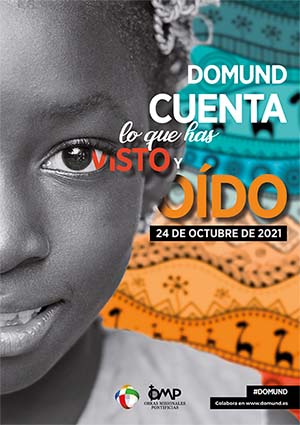










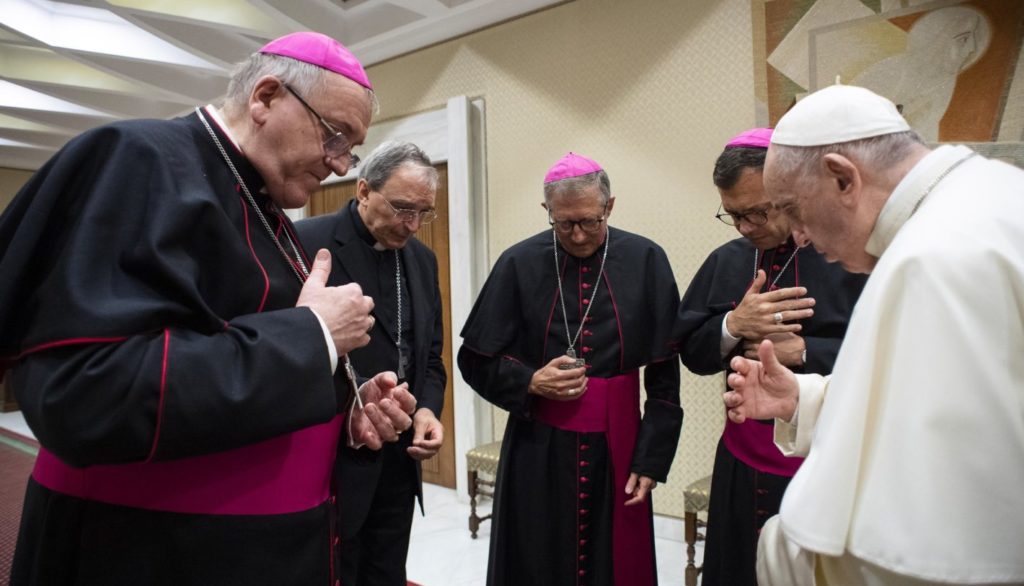
 Pope Francis expresses his "sadness and sorrow" for victims of abuse in France
Pope Francis expresses his "sadness and sorrow" for victims of abuse in France